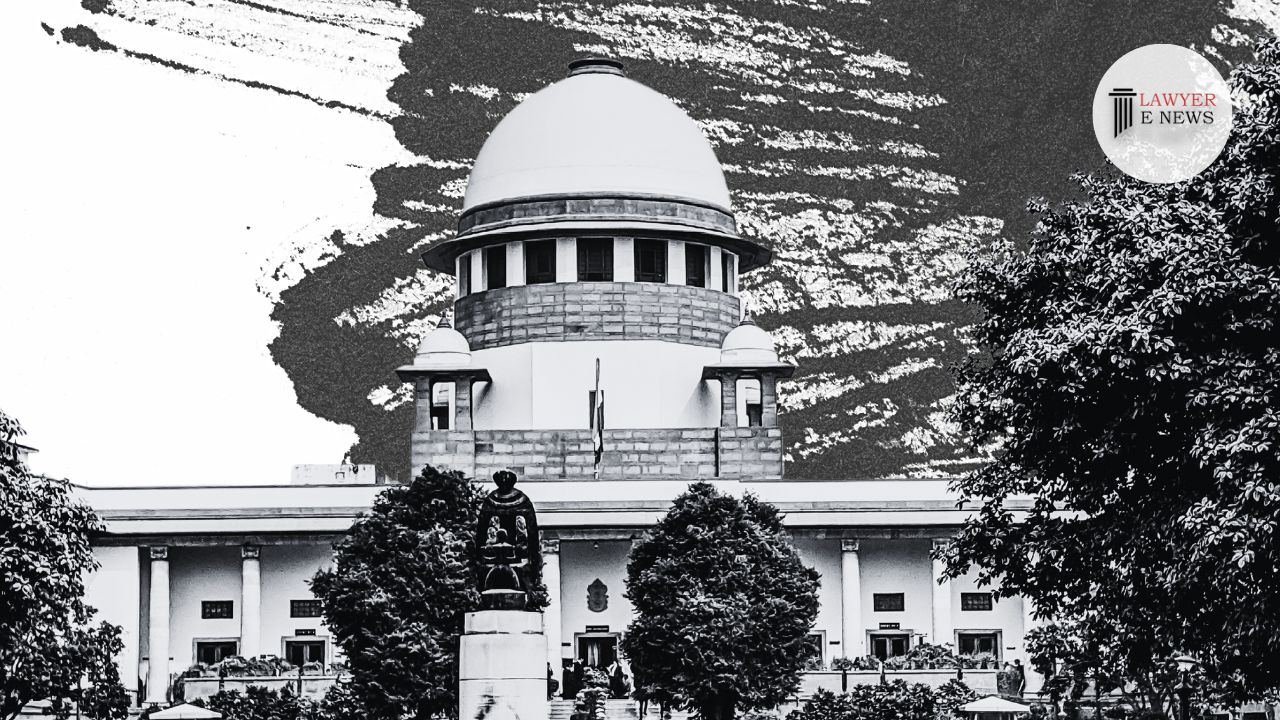-
by Admin
15 February 2026 5:35 AM



Supreme Court clarifies statutory provisions under Andhra Pradesh Reorganisation Act, restoring original cadre positions for APSRTC employees. In a pivotal ruling, the Supreme Court of India on September 6, 2024, reversed the Andhra Pradesh High Court's decision regarding the allocation of employees between the Andhra Pradesh State Road Transport Corporation (APSRTC) and the Telangana State Road Transport Corporation (TSRTC) following the bifurcation of Andhra Pradesh in 2014. The bench, comprising Justices Pamidighantam Sri Narasimha and Pankaj Mithal, ruled that the High Court erred in applying Section 77 of the Andhra Pradesh Reorganisation Act to the repatriation of Class III and Class IV employees, emphasizing that Section 82 and subsequent guidelines governed the matter.
The case involved employees from APSRTC, primarily conductors, drivers, and other Class III and Class IV staff, who were temporarily deputed to zones that became part of Andhra Pradesh following the bifurcation. These employees had been originally appointed in zones that now fall under TSRTC's jurisdiction, but post-bifurcation guidelines had not been finalized when repatriation orders were issued in 2017.
The employees challenged the repatriation orders in the Andhra Pradesh High Court, which initially ruled in their favor, setting aside the orders. The High Court, in a subsequent division bench ruling, directed the permanent allocation of these employees to the zones in which they were serving at the time of bifurcation, applying Section 77 of the Act.
Application of Sections 77 and 82: The Supreme Court disagreed with the High Court's reliance on Section 77, which pertains to the allocation of state government employees. The Court pointed out that APSRTC and TSRTC employees, being part of public sector undertakings, are governed by Section 82, which mandates the corporations to determine the modalities for employee allocation between the two states. The judgment highlighted the statutory framework governing public sector employees, emphasizing that “Section 82 clearly states that the Corporations shall determine the modalities for distributing their employees between the successor states.”
Significance of the Agenda Note: Justice Pamidighantam Sri Narasimha underscored the relevance of the Agenda Note prepared by the APSRTC Board in 2017, which detailed the allocation of Class III and Class IV employees. The note specified that these employees, who were recruited regionally, would be allocated to the corporation operating in the region post-bifurcation. "The decision of the Board regarding the allocation of regional cadre employees is final and unchallenged," the bench noted.
Repatriation of Employees: The Court also noted that the employees had already been repatriated to their parent zones under TSRTC following an interim order in 2018. Justice Narasimha observed, "The respondents had returned to their parental zones, and the High Court's subsequent ruling contradicts this established position."
The Supreme Court's decision rested on a careful examination of Sections 77 and 82 of the Andhra Pradesh Reorganisation Act. While Section 77 applies to state government employees, the Court clarified that Section 82 governs the allocation of public sector employees, such as those in APSRTC and TSRTC. The Court emphasized that the High Court failed to properly consider the 2017 Agenda Note, which provided the final modalities for allocating Class III and Class IV employees.
The judgment also took into account the fact that the employees were recruited regionally, with recruitment and seniority maintained at the regional level. "The Board’s decision to allocate employees to their respective corporations based on regional cadre remains valid," the Court stated.
Justice Pamidighantam Sri Narasimha, writing for the bench, remarked, "The High Court has incorrectly relied on Section 77 and has failed to notice Section 82 and the follow-up action taken thereunder. The Agenda Note dated 16.08.2017 provides a clear and final resolution for employee allocation."
The bench further added, "There is no dispute that the respondents were recruited at the regional level and belong to the successor state Corporation in which the region falls."
The Supreme Court's decision reinstates the repatriation orders issued by APSRTC, affirming the guidelines set forth in the Agenda Note of 2017. By clarifying the application of Section 82 in the allocation of public sector employees post-bifurcation, this judgment reinforces the legal framework guiding state reorganizations and employee allocation. The ruling has broad implications for the treatment of public sector employees in future state bifurcations and ensures consistency in the application of statutory provisions.
Date of Decision: September 6, 2024.
Andhra Pradesh State Road Transport Corporation & Ors. v. V.V. Brahma Reddy & Anr.
